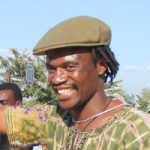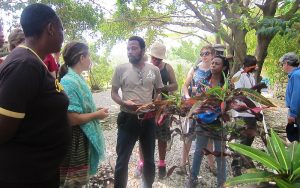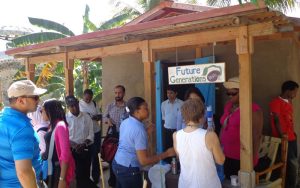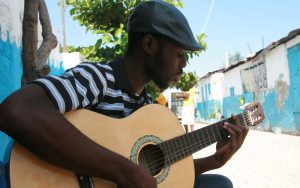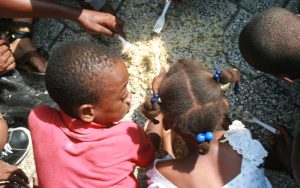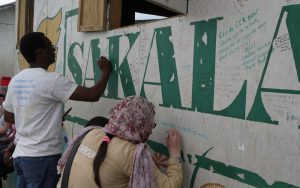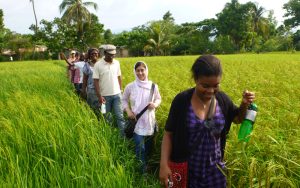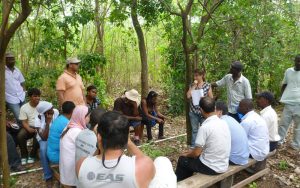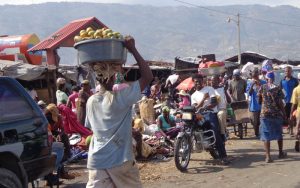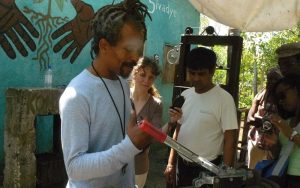
Empowering Communities To Build A Just And Sustainable Future
Future Generations Haiti promotes community-driven change and accompanies autonomous and successful Haitian communities. Future Generations Haiti reinforces community strengths through the SEED-SCALE methodology and by promoting inter-community exchanges and solidarity to build socio-economic empowerment that can scale up to a national level for Haiti’s advancement.
Future Generations Haiti builds resilience & livelihoods in 4 departments in Haiti.
Founded in 2011, Future Generationa Haiti activities include:
- Success Mapping
- Women's Empowerment
- Community Development
- Peacebuilding
- Education
- Water Supply, Hygiene & Sanitation














